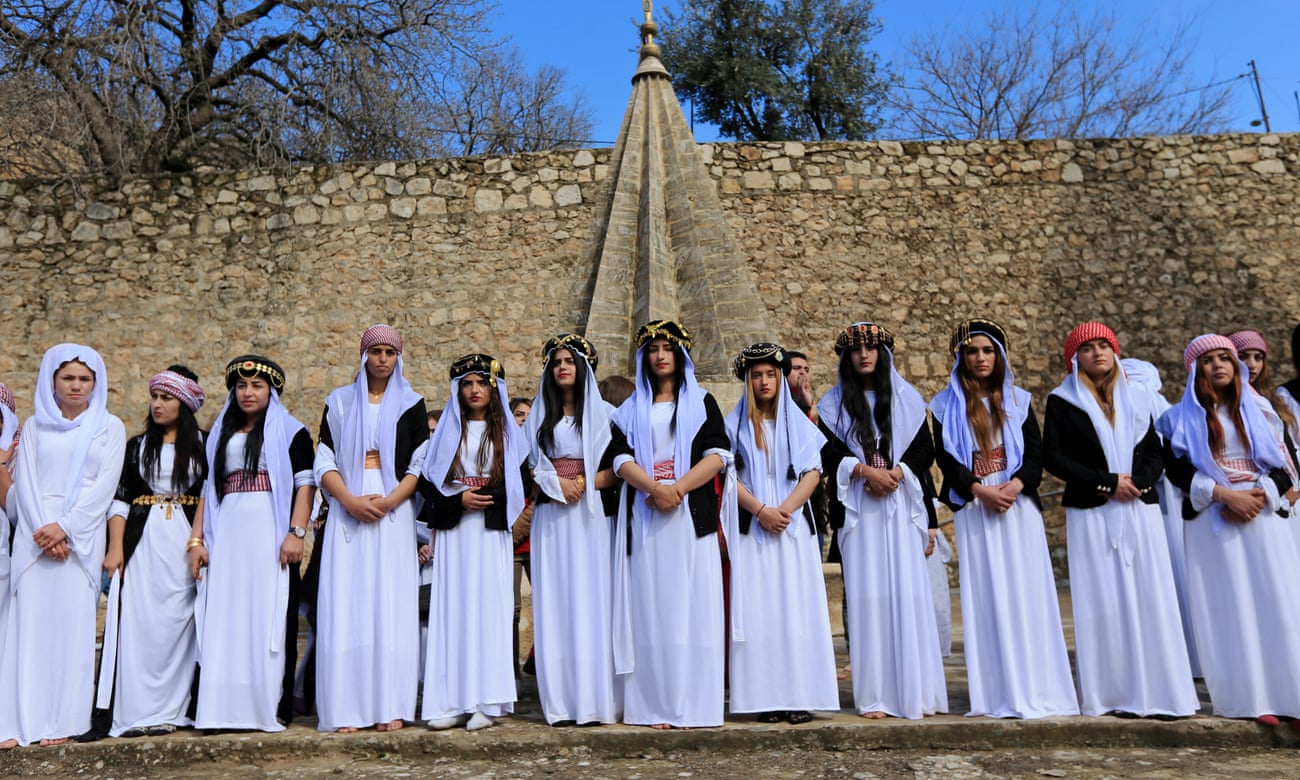by PETER FRANKOPAN

This harrowing account of the thousands of rape victims airbrushed from history is required reading
Rape, writes Christina Lamb at the start of this deeply traumatic and important book, is “the cheapest weapon known to man”. It is also one of the oldest, with the Book of Deuteronomy giving its blessing to soldiers who find “a beautiful woman” among the captives taken in battle. If “you desire to take her”, it says, “you may”.
As the American writer Susan Brownmiller has put it, “man’s discovery that his genitalia could serve as a weapon to generate fear must rank as one of the most important discoveries of prehistoric times along with the use of fire and the first crude stone axe”. And yet, despite the ubiquity of rape across time and in all continents and all settings, almost nothing is written about those who have experienced sexual violence.
Lamb writes about her discomfort at seeing statues of military heroes in stations and town squares and the names of those who fought in battle in history books. Yet those who have suffered most have done so in silence – unmentioned, glossed over and ignored.
Our Bodies, Their Battlefield provides a corrective that is by turns horrific and profoundly moving. Lamb, the chief foreign correspondent of the Sunday Timeswhom I have known and admired for years, is an extraordinary writer. Her compassion for those she talks to and deep understanding of how to tell their stories makes this a book that should be required reading for all – even though (and perhaps because) it is not an enjoyable experience.
We meet Munira, a Rohingya who was raped by five Burmese soldiers in quick succession and was then confronted after her ordeal by finding the body of her eight-year-old son who had been shot in the back as he was running towards her. We come across a five-year-old in the Democratic Republic of Congo who had been raped, who kept repeating that they had been taken “because Mummy didn’t close the door properly”.
We meet Esther Yakubu, whose teenage daughter Dorcas was kidnapped in 2014 by Boko Haram in Nigeria. When Lamb sees her two years after their first meeting, Esther has aged 10 years. “I can’t sleep, I can’t breathe,” she says. False alarms and raised hopes of her daughter’s release have come to nothing. “I go to church every day and pray for her to come back. I hope one day God will answer.”
We meet Victoire and Serafina, two Tutsi sisters of extraordinary bravery, who talk about their experiences during and after the Rwandan genocide – where 800,000 were murdered in 100 days in 1994 – while George Michael’s Careless Whisper plays over the radio in the background.
Rape has been used as a tool of fear and intimidation, a way of devastating communities but also for soldiers and young men to create grotesque bonds of solidarity, trust and loyalty. While Lamb recognises that sexual violence against men has been and is a problem – noting that some estimates suggest that nearly a quarter of men in conflict-affected territories in eastern Democratic Republic of the Congo have experienced sexual violence – the focus here is on women.
The Guardian for more
